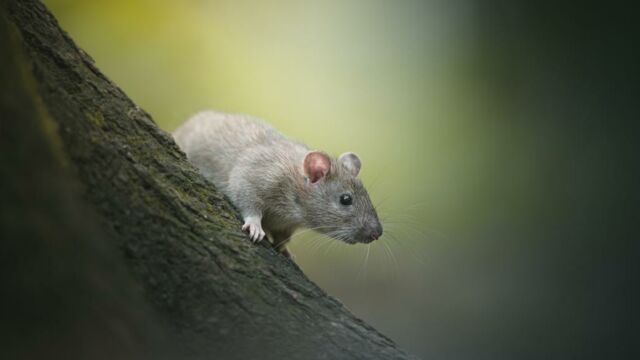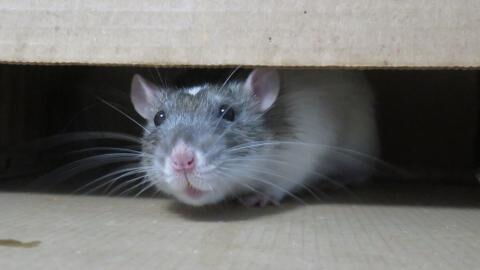There has been a wave of rodent-related warnings from scientists and health experts in the last year. Not only have there been new virus discovered in rodents in Europe, experts have informed us that there is a new breed of super rodents that could endanger human health in unprecedented ways.
Discover our latest podcast
But even more worryingly, experts have warned people not to poison 300 million super-rats taking over UK. As reported by Daily Mail, even if you were going to use rodenticide on these super-rats, it wouldn't probably work anyway. These mutant varieties of rodents are not only less susceptible to pesticides, but are also more wary of methods humans use to control them.
Rodents taking over the UK
Daily Mail reports that the recent bin strikes in the UK have left the streets swimming in rubbish, making it fertile grounds for rats to multiply. The situation is worse in urban areas compared to rural areas.
Things have gotten so dire that in cities like Liverpool, residents are now afraid to step out in the streets due to the sheer number of rats. The report quotes Paul Blackhurst, from Rentokil Pest Control, who explains the invasion of the 'super rats,'
Rats are opportunistic pests that are drawn to places teeming with available food sources.
With unlimited access to leftover food from takeaways and rubbish bins, along with water and shelter, some urban areas have become home to what are often referred to as 'super-rats'.

The invasion of the 'super rats'
'Super rats' are so called due to genetic mutations in them which makes them more resilient against most rodent poisons or pest control methods. Blackhurst explains,
Despite their namesake, these rats are not going to save the world. Rather, through genetic mutations, combined with neophobic behaviours, they have become less susceptible to some forms of common rodenticide and wary of methods used to control them.
It has become worryingly common to find rats nesting in huge numbers in public bins, or scurrying around in restaurants. These rats seem unafraid of humans, and very unperturbed by the commotion raised by humans around them.
Dee Ward-Thompson, the British Pest Control Association's Head of Technical, explains that the rise of these 'super rats' might be 'accelerated by the application of rodenticides,' which might have left the rodents resistant. She says,
This rise in resistance could be due to a number of factors
However, it is most likely the spread has been accelerated by the application of rodenticides, by amateurs such as home and business owners doing it themselves or employing an unqualified individual to try to resolve the problem.
Read more:
⋙ This is the city with the most rats in the world, and it's not London
⋙ Customer horrified, claims popular fast-food place served fried rat instead of chicken
⋙ Here are the effects of a bite from the fire ant, an insect that is arriving in Europe
Sources used:
Daily Mail: 'Invasion of the mutant super-rats: How pests are 'becoming less susceptible to rodenticide and more wary of control methods' as Britain is plagued by vermin - while huge piles of rubbish overflow on the streets amid bin strike'















